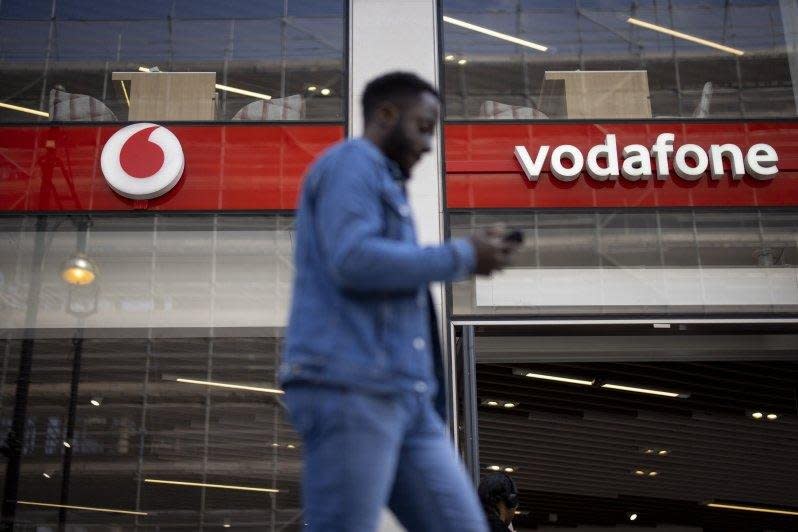Vodafone, Three get five days to prove $19B merger benefits consumers, businesses

March 22 (UPI) -- Britain's competition regulator Friday gave Vodafone and Three, two of the country's big four mobile phone networks, five days to show their planned $19 billion merger won't leave their 27 million customers worse off or face a full-on anti-trust probe.
Results from an initial 40-day "Phase 1" investigation left regulators unconvinced of claims that their amalgamation into a single network provider would result in significant benefits to customers and drive forward the introduction of new technology, the Competition and Markets Authority said in a news release.
The CMA said Vodafone U.K. and Three U.K., the cheapest of the big four, provided important choice for mobile customers, raising concerns that combining them would lessen competition for customers that helps keep prices in check and forces operators to strive to improve services and invest in their networks.
Giving Vodafone and Three five working days to respond with "meaningful solutions" or face an in-depth "Phase 2" investigation, the CMA said the benefits touted for the deal were based on a number of assumptions about the companies' behavior post-merger necessitating more detailed assessment, given fears it may undermine incentives to invest in their networks
"Millions of people in the United Kingdom depend on effective competition in the mobile market in order to access the best deals for them," said Julie Bon, the CMA's lead for the case.
"Whilst Vodafone and Three have made a number of claims about how their deal is good for competition and investment, the CMA has not seen sufficient evidence to date to back these claims.
"Our initial assessment of this deal has identified concerns which could lead to higher prices for customers and lower investment in U.K. mobile networks. These warrant an in-depth investigation unless Vodafone and Three can come forward with solutions," Bon said.
In addition to a higher-prices-for-lower quality penalty, the CMA said it was worried the deal could make it harder for smaller 'virtual' network operators including Sky Mobile, Lebara and Lyca Mobile -- which pay the big four to piggyback on their networks -- to negotiate good deals for their customers,
This is because the merger would slash the number of providers available to companies without their own network from four to three -- Vodafone/Three, EE and O2.

